Engage better with consumers through more interaction
Digital advertising refers to the practice of delivering promotional content through various online channels and digital platforms to reach a targeted audience
Unlike traditional advertising (like print, TV, or radio), digital advertising allows businesses to engage with consumers through more interactive and measurable means.
Here are some key components of digital advertising:
1. Display Ads
Visual advertisements, often banners or images, that appear on websites, apps, or social media platforms.
2. Search Engine Advertising (Paid Search)
Often called Pay-Per-Click (PPC), these are ads that appear at the top of search engine results (e.g., Google Ads). Businesses bid on keywords relevant to their product or service.
3. Social Media Advertising
Ads that run on platforms like Facebook, Instagram, LinkedIn, Twitter, or TikTok. These can take various forms, such as sponsored posts, videos, or carousel ads.
4. Video Advertising
Ads displayed in video formats, often on platforms like YouTube, or as part of video streaming services.
5. Native Advertising
Automated buying and selling of ads through software, using real-time data to deliver the right ad to the right person at the right time.
6. Affiliate Marketing
A form of digital advertising where businesses reward affiliates (usually bloggers or influencers) for driving traffic or sales to their website through the affiliate’s promotion.
7. Email Marketing
Although not always considered direct advertising, email marketing involves sending targeted messages to consumers to promote products, services, or brand messages.
8. Retargeting/Remarketing
Ads that are shown to users who have previously visited a website but didn’t complete an action, such as making a purchase.
9. Programmatic Advertising
Automated buying and selling of ads through software, using real-time data to deliver the right ad to the right person at the right time.
10. Influencer Marketing
Working with influential individuals on platforms like Instagram, YouTube, or TikTok to promote a product or service to their followers.
Advantages of Digital Advertising:
Targeting: Digital platforms allow highly specific targeting based on demographics, interests, behaviours, and even past purchasing decisions.
Measurability: Digital ads offer detailed analytics, enabling businesses to track the success of campaigns in real-time.
Cost-Effectiveness: With options like PPC, businesses only pay when a user clicks on their ad, making it more affordable than some traditional methods.
Flexibility: Campaigns can be adjusted or paused instantly if necessary.
Digital advertising is crucial in the modern marketing landscape, helping brands reach audiences where they spend much of their time—online.
